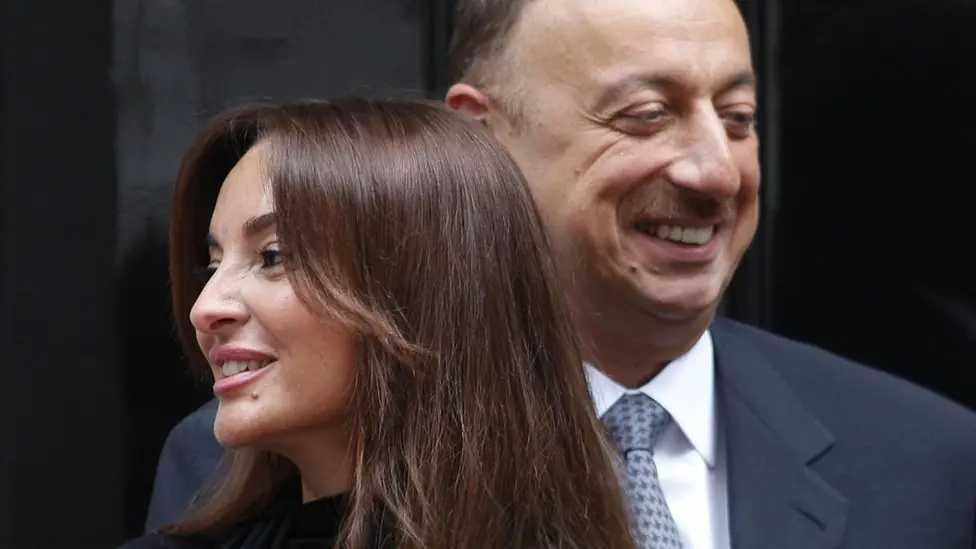A lot of bottled up emotions broke loose together with the Second Nagorno-Karabakh War in the pandemic year of 2020. While not necessarily surprising, it still hit hard — to watch faces familiar from peacebuilding conferences and peace journalism circles succumb to bloodlust, cheering on advancing troops as any prospect for a peaceful resolution to the decadeslong dispute was rendered forlorn.
When I studied peace and conflict studies, I remember my lecturer stressing that even in the bleakest of conflicts, there were always peace agents. It was our job to identify them and make them heard. And this was the least a small newsroom like ours could do.
Bahruz Samadov first got in touch with me just a few days after OC Media launched over eight years ago. He was only 22 at the time, but already bore the promise of a good journalist — working with independent Azerbaijani media, he had a heightened social sensitivity and an instinct for a story. We began to collaborate.
As his academic interests evolved, he abandoned the pretense of journalism and became our columnist. The editors liked his nuanced analysis and values-driven perspectives, so different from coarse materialism that dominated Azerbaijani think tanks.
Bahruz spearheaded our Voices for Peace series — a space for critical reflection on the 2020 war. Just days after the full-blown escalation, he wrote:
Violence will only feed more violence. And a ‘dialogue’ that is moulded by the dominant narrative and monopolised by the state will not bring peace between our nations, at least, not in the near future.
We must demand another way. No matter how hard that is.
But also, we who stand against the war should be ready for compassion. The suffering of both nations will last a long time. And we must understand the suffering of our communities and stand by them, working tirelessly for peace — even if they reject us.
The mood then was truly grim. Nationalist fervour was rampant and any Azerbaijani or Armenian criticising their own state’s actions was quickly branded a traitor. Bahruz’s op-ed empowered other young peacemakers to speak up — under their real names. To do so while their compatriots were spilling blood was an act of an uttermost bravery that will stay with me forever.
Bahruz has now been sentenced by his own country to 15 years of prison on charges of high treason. I have no doubt these charges were fabricated to discredit and steamroll over what little remains of Azerbaijani compassion for shared trauma and suffering, in a vile triumph of militarism — a toxic pillar of an authoritarian society upon which an autocratic state rests.
Bahruz demanded another way, no matter how hard it was. As the space for empathy, critical thought, and rational dialogue continues to disintegrate — both in the Caucasus and globally — I can only hope that his courage and integrity serve as inspiration rather than a deterrent.
For me, they do.






